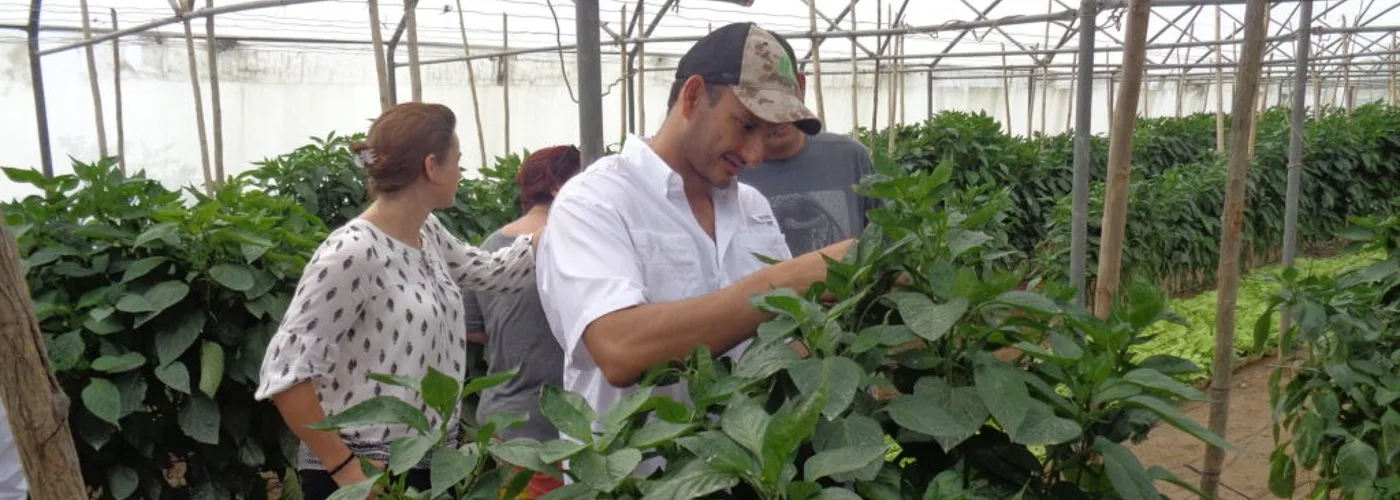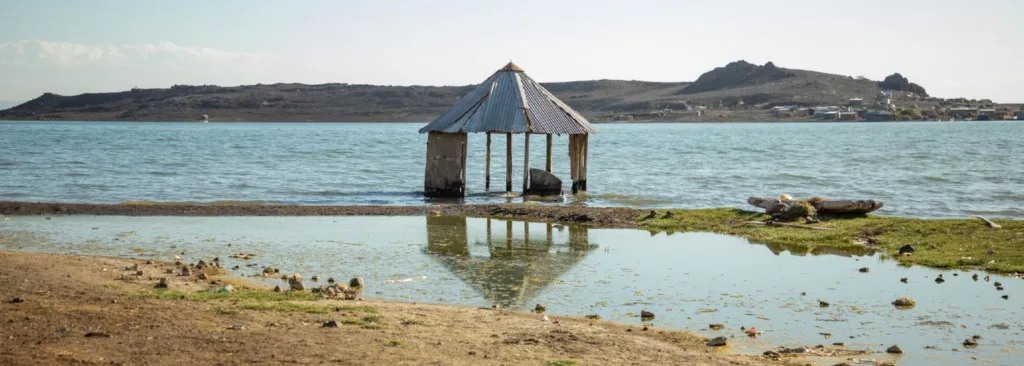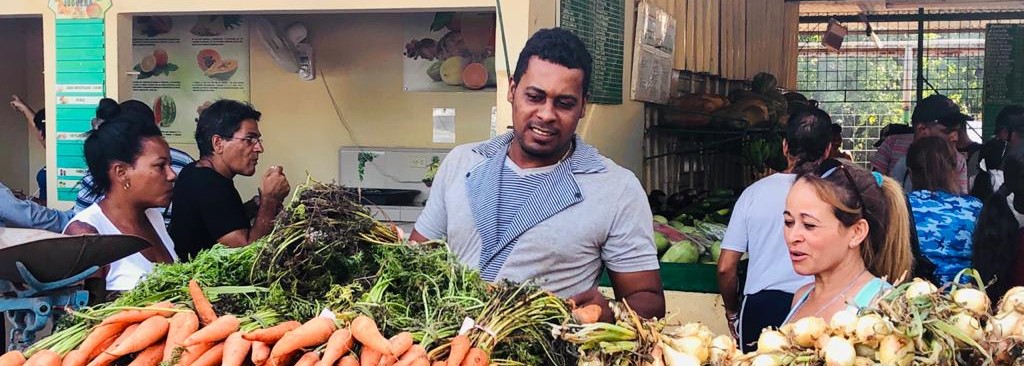A decade supporting good nutrition and sustainable agriculture in Cuba
February 13, 2024
By Gabriela Melgar, Regional Communication Officer
Our Sustainable Agriculture Support Project (PAAS) implemented with partners in eleven provinces and 22 municipalities has played a crucial role in Cuba for the past 10 years. Financed by the Swiss Agency for Development and Cooperation (SDC), it promotes and improves sustainable agricultural practices and strategies, focusing on agroecological value chains and the circular economy.
Its strategies for value chains improved efficiency in food production and distribution, generating profits all along the chains. The project’s circular economy practices reduced waste and reused resources, making agricultural systems much more efficient as well. All this has strengthened food sovereignty in Cuba, guaranteeing long-term access to fresh and nutritious food for the population.
Necessity is the mother of invention
Currently, Cuba imports around 80 percent of the food it consumes. After many years of developing high-input agriculture (high use of capital, labor, fertilizers, pesticides, and gasoline-powered machinery), the country now lacks these inputs, which has threatened its agricultural production.
So in Cuba, organic agriculture emerged by necessity – not by design. But it has become an attractive option for farmers and the government because it does not depend on fossil fuels and uses locally available means of production.
Producing nutritious and healthy foods locally
When PAAS kicked off in 2013, it soon became an important player in Cuba’s adoption of organic agriculture. Using renewable energy solutions and participatory guarantee systems, it improved value chain management and quality control for a wide variety of fruits and vegetables and other healthy food products.
Since one of the project’s main aims was also to create healthier eating habits among Cubans, PAAS targeted the nutritional needs of Cuba’s most vulnerable groups. Its activities increased their access to healthy foods, while at the same time economically empowering women, especially in rural areas.
Our track record
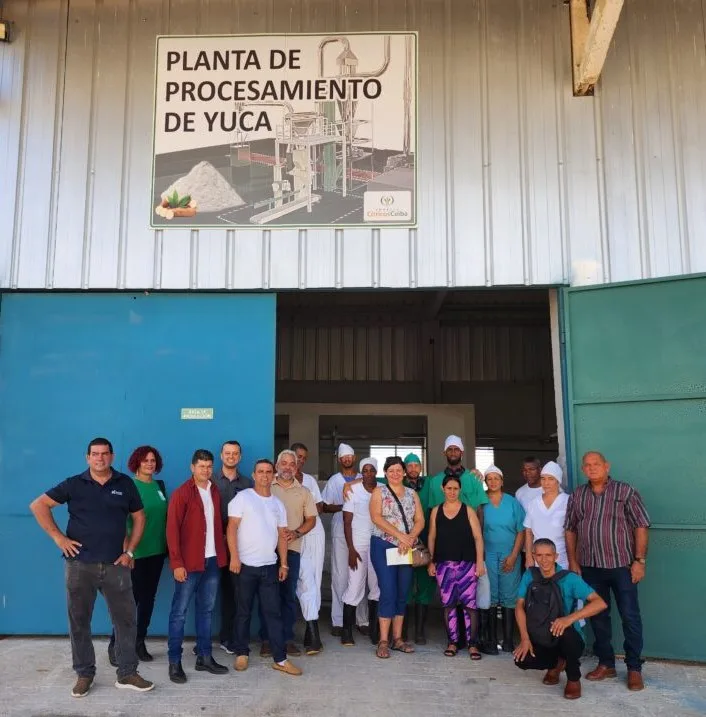
2013-2018
The project’s first phase focused on boosting agricultural production, creating jobs, and increasing average incomes through new modes of production and improving the socioeconomic conditions of farmers. By setting up agricultural micro-enterprises, PAAS diversified agricultural production, which brought additional job opportunities and greater economic resilience.
The participatory guarantee system introduced in this phase promoted sustainable agricultural practices, like crop diversification. This improved food security while generating additional income for the farmers. These strategies played a vital role in the success and sustainability of the project from the very start.
2018-2021
In the second phase, participating municipalities focused on improving processes and marketing strategies, which led to significant gains in jobs and income for their communities. This phase not only expanded value chains, but also promoted the importance of healthy eating habits and access to nutritious foods. There was notable progress especially in cassava cultivation and small livestock raising.
These efforts not only diversified production, but created greater access to healthier choices.
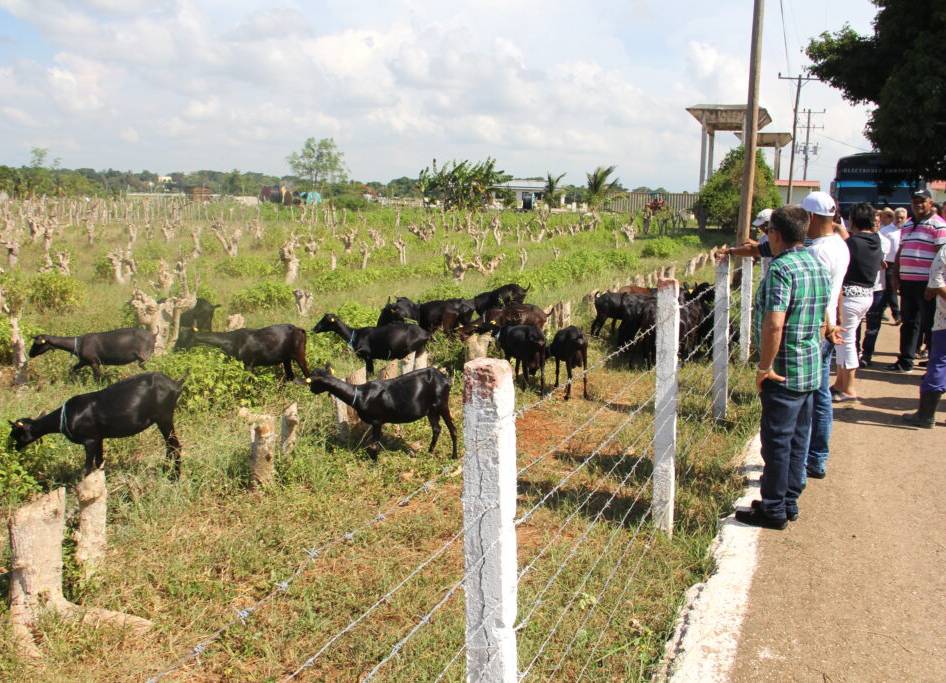
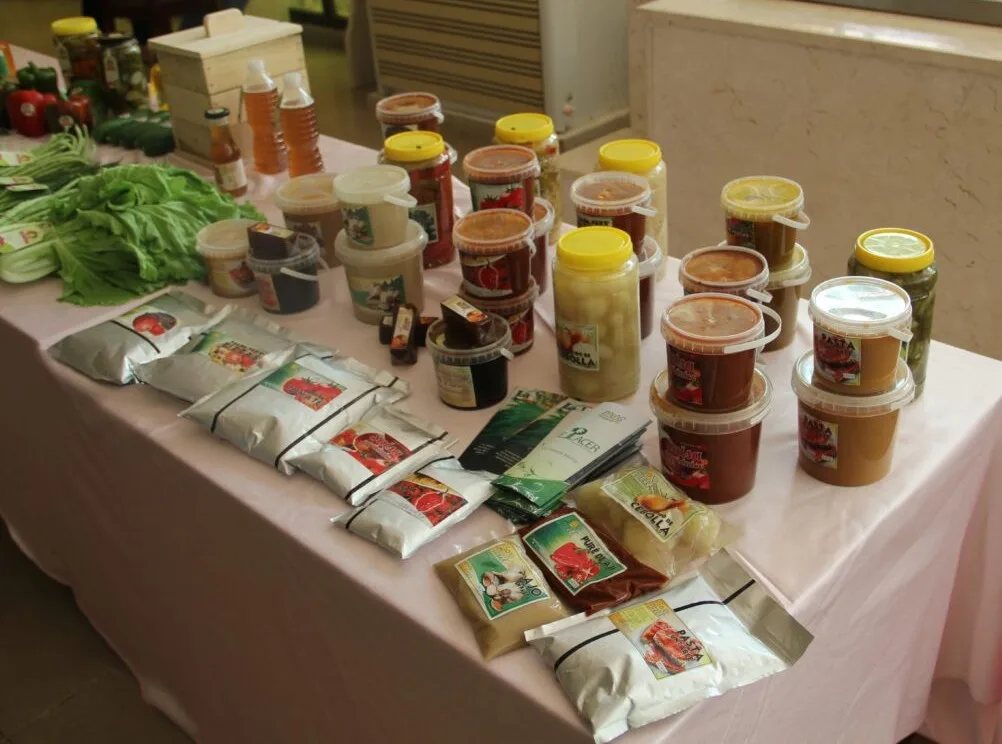
2021-2023
The last phase of the project, oriented towards the circular economy, strengthened and consolidated value chains with a holistic approach. It included key aspects of production, processing and marketing, and new ways to extend the life cycle of agricultural products and minimize waste.
The project’s circular approach has not only increased agricultural profitability and competitiveness, but has also helped build a more equitable and resilient agricultural system in Cuba.
Results
The agroecological value chains implemented by PAAS have proven to be a suitable and much-needed production model in Cuba’s present situation, enabling improvements in:
Political advocacy
- New policies and practices related to local self-sufficiency
- Renewed agri-food policies: food sovereignty plans, participatory systems of guarantees, scaling up to other municipalities
Production
- Increase of 33-44% annual average production in 22 municipalities
- 2,300 producers trained in value chains, improving environmental protection practices and processing capabilities and techniques
Loss and waste reduction
- Improvement in the quality and hygiene of processes and products
- Alliances with research, science, technology and innovation institutes
Quality of life
- Greater food security thanks to the production, marketing and consumption of healthy and diverse foods, available locally
- 600,000 people with information about and access to healthy foods
- Income of 2,200 people increased by 51% thanks to value chain improvements
- 637 new jobs from new job offers on farms, mini-industries and value chain markets, of which 50% are for women
- 785 trained women specialists
- 43 promoters and managers
- Attention to consumer tastes, preferences and demands
- Creation of rustic farm houses for weather-proof vegetable cultivation
Solidarity one of the project’s successes
This is a result we are particularly proud of. The project cultivated a deep sense of solidarity between participants and stimulated intense cooperation amongst them. Farmers and other participants generously shared knowledge, resources and experiences, showing the importance of supporting each other to achieve common objectives.

